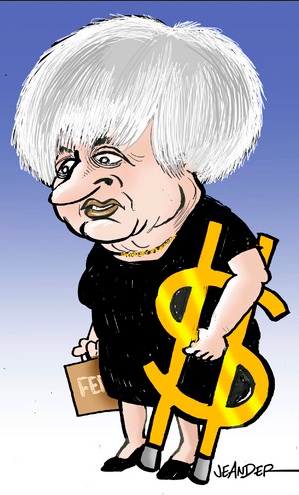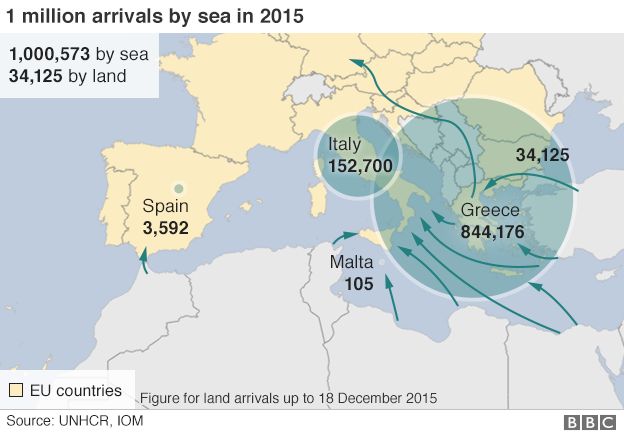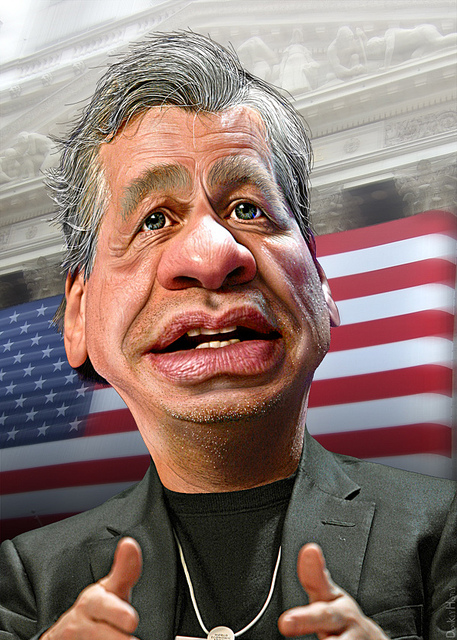Mark Adomanis writes: You know that Russia is in real trouble when liberal economic policies start getting batted around. This is particularly true of “privatization,” a typically boring and technical term studiously avoided during periods of stability and then suddenly thrust back into the public consciousness during periods of crisis.
In 2009, the last time that oil prices tanked and the government’s coffers became a bit sparse, the Kremlin talked openly about privatizing a number of state-owned companies. Impressive sounding plans were released, and officials mouthed the pieties about “attracting investment” and “improving efficiency.” Nothing came of this campaign (oil prices rebounded quickly enough that the pressure on the state’s finances quickly abated and the state’s economic role actually grew), but it established a precedent that is being repeated.
As the economy experiences a nasty recession and pressure on the government’s budget mounts, the Kremlin is once again mulling the initiation of a large-scale program of privatization.
Both in 2009 and in 2016, the official justification for privatization is familiar: privatization will both raise money to plug holes in the budget and, perhaps even more importantly, will make the economy as a whole more competitive. It’s no secret that government-owned companies almost always lack the incentives needed for long-term profitability.
Compared with private sector peers, state-owned firms tend to have some combination of bloated payrolls, unrelated assets (think golf courses), or suspiciously large capital expenditures.
Gazprom’s capex as a percentage of sales was somewhere between three and four times the level of comparable publicly-traded companies. It’s easy to imagine that more profit-oriented managers would do a better job.
If the government’s main goal is to increase the economy’s efficiency, privatization is an excellent tactic. But, rare indeed is the instance in which a government single-mindedly pursues greater efficiency.
According to the Kremlin’s public statements, privatization is going to achieve the following goals simultaneously: 1) increase the economy’s competitiveness, 2) raise funds to plug the hole in the budget, 3) maintain state control of “strategically important companies,” 4) avoid a “fire sale” in which the government “gives away” valuable assets, 5) limit the involvement of state banks and 6) attract foreign investors.
It is simply impossible to design a privatization scheme that achieves all of these goals simultaneously.
Alternately, the government could drastically limit the involvement of state banks. This would likely improve the quality of management but would significantly depress valuations.
Unless the government significantly changes its stated goals, foreign investors will remain uninterested.
The Russian government needs to decide what it values most highly. Does it want to involve foreigners or keep everything registered in Russia? A properly-structured program of privatization would marginally boost the country’s growth rate and bring in fresh management, but would require such economic de-regulation that, by all accounts, the Kremlin deems unacceptable.
I would expect a reprisal of 2009’s performance — self-satisfied talk of privatization with very little action. The real question is whether oil prices will rebound like they did last time.



